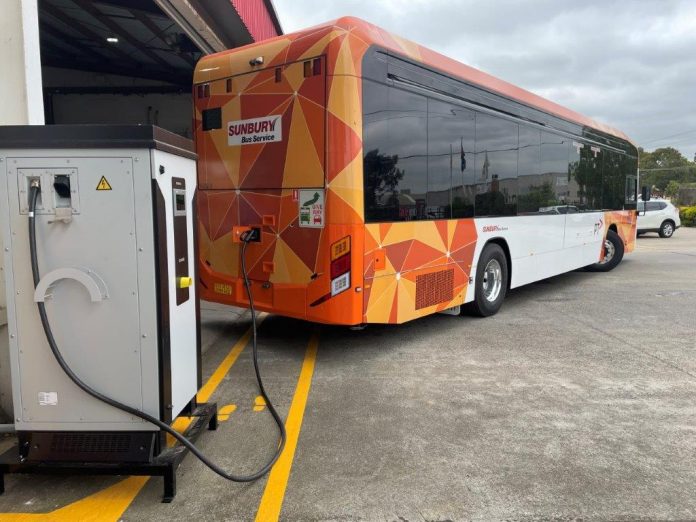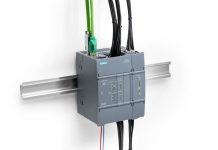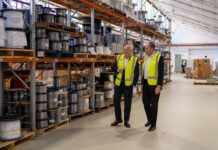
Media Release by Siemens
Siemens’ charging infrastructure will be involved in the Victorian Government’s $20 million three-year Zero Emissions Bus Trial.
Siemens’ charging infrastructure and management software will be used in three trials. The trials will be in Seymour, the first regional town to be fully serviced by electric buses, Traralgon where Latrobe Valley Bus Lines will introduce the first electric bus based in the town and in Sunbury where Donric Group will have the trial’s first three electric buses operating in and around Melbourne’s west.
Siemens’ Sicharge UC charging centre and dispensers will be used to charge Volvo buses and Custom Denning buses. Siemens Depotfinity charging management software will be used to monitor the real-time status of charging infrastructure, analyse historical charging sessions and adopt smart load management strategies to minimise electricity expenditure. This information will feed into the government’s objectives of assessing how electric buses perform and the energy and charging requirements for different types of routes and ultimately, how zero emissions buses can improve financial and environmental sustainability and customer outcomes.
Making the announcement in Seymour, Victoria’s Minister for Public Transport Ben Carroll noted that the trial is a key steppingstone towards the Victorian government’s target of achieving net zero greenhouse gas emissions by 2050.
“Seymour will soon be leading the way with cleaner and more sustainable transport options as part of our Zero Emissions Bus Trial.”
“Creating a greener fleet is part of our Bus Plan to develop a more modern and reliable network that will attract more people to the convenience of buses.”
This announcement follows Siemens’ continued growth in the sector that has included recent project wins in Victoria, New South Wales, Queensland and New Zealand.
Speaking recent successes Siemens Australia Pacific Chairman and CEO Jeff Connolly, said: “Electrifying our transport infrastructure, including bus networks, is one of the many important steps on the path to reaching net zero. We commend the Victorian Department of Transport on their commitment to the long-term financial and environmental sustainability of the state through smarter infrastructure and I’m pleased that our e-charging infrastructure solutions are supporting these important ambitions.”
Each bus depot is unique in their requirements and challenges. As such, the charging solutions being installed at the three trial locations are being designed for maximum flexibility and scalability to suit any type and size of bus depot. Each Sicharge UC charging centre can connect to up to five dispensers or five electric buses each. This enables bus operators to expand their electric bus fleet without grid infrastructure upgrades if bus operation schedules permit. The maximum power output of Sicharge UC is also configurable, enabling charging infrastructure to be derated to meet the constraints of existing switchboard capacity on site.
The electric bus operations are expected to be operational by the end of this year.
In addition to charging infrastructure project installations, Siemens technology is also playing key role in the first electric vehicle research facility of its kind in the southern hemisphere being established at RMIT University. The ‘living lab’ research facility will feature critical infrastructure like EV charging stations and regenerative grid and battery simulators and will be a space where researchers and industry can collaborate and test concepts in ‘real’ scenarios.




















